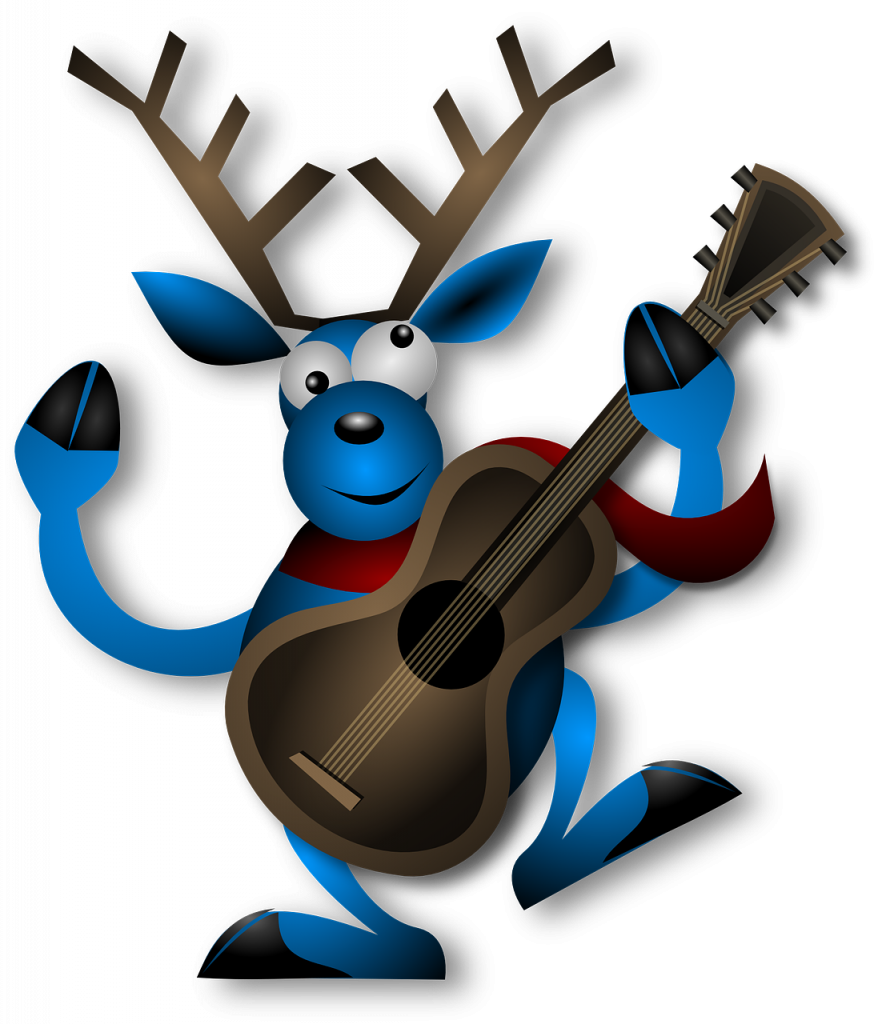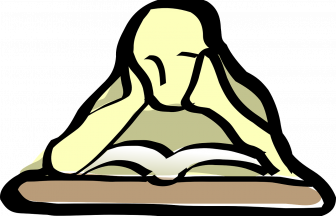
Bounce your head to the beat. Start by attempting to discover the beat of the music. In the event that it helps, take a stab at checking along, clicking or applauding to the beat. Whenever you’ve sorted out the cadence, begin moving to it by bouncing your head.[
When you get your head going, it will make it simpler for you to get the remainder of your body moving.
To discover the beat, take a stab at tuning in to the drums or the bass. These instruments normally convey the mood of the song.hift your weight starting with one foot then onto the next. At the point when you have a fair of the beat, you can begin consolidating some basic footwork. Start by moving the entirety of your weight to one foot. You can lift the other foot marginally off the ground to ensure all your weight is off of it. Move to and fro on schedule to the music.
At each and every other check, move your weight totally to the next foot. You can likewise move your weight at each forget about however by beginning gradually, you will get settled before you start moving quick.
Keep your legs free and your knees somewhat twisted. There ought to be only a tad of “ricochet” to your weight move, and an inconspicuous skip (set up) on the checks when you’re not moving your weight.Move your feet to the beat. When you’re happy with moving your weight to the cadence, start moving your feet. Just before you move your weight to a foot, move it marginally, even only 1–2 inches (2.5–5.1 cm) from where it was previously. At the point when you move your foot, keep it genuinely near the ground.
Stay on the chunks of your feet so you can move and ricochet easily.
In case you’re hitting the dance floor with another person, make certain to move around in a way that obliges your accomplice.
Add some hip activity. At the point when you put your weight on a foot, move your hips (and your body) somewhat toward that foot. On the off chance that you move your weight onto your correct foot, for instance, move your hips to one side. You can turn your body somewhat to add somewhat more development.
For instance, when you move to one side, put your correct shoulder forward a little and your left shoulder back. Do the contrary when you move to one side.
Join some arm developments. In case you’re awkward, the inclination is to keep your arms close or to allow them to hang limp. All things being equal, move your arms around. Keep your hands open or in extremely free clench hands. You can place your arms noticeable all around or twist them at the elbows and hold them at your sides, similar to when you’re running. Whatever you do, don’t stall out on only one move; keep changing things up! You can likewise attempt one of these moves:
Roll the dice. Make a free clench hand and shake your arm and hand like you are shaking a couple of dice for a roll. After a couple of shakes, “roll” the dice. Try not to abuse this transition to the point that it gets clever.
Trim the grass. Curve forward and handle the starter of a nonexistent yard cutter with one hand, at that point pull your hand back like you’re pulling on the starter. When you make it go, you can make a couple of strides while you trim the grass.
Swing an air rope. Get a nonexistent rope and swing it over your head like you’re going to rope a cow. Move your weight to the foot inverse your “tether hand” and push your hips toward that path.
Test with various moves, positions, and paces while you dance.
Try not to be hesitant to make up your own moves. Free-form is about extemporization and individual articulation.
 Login as
Login as






